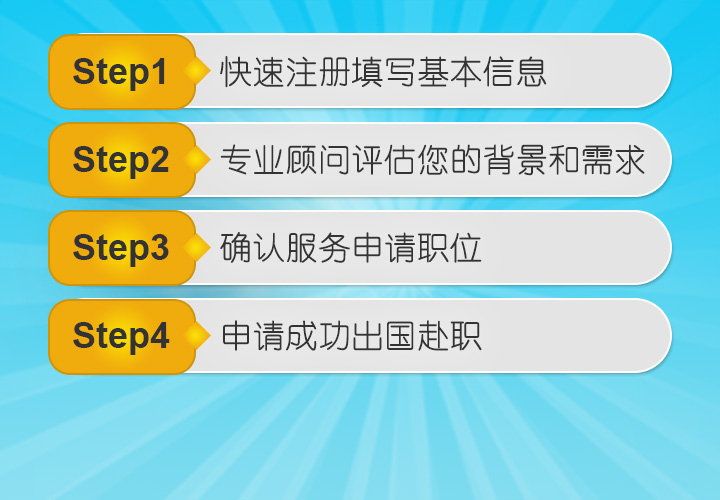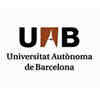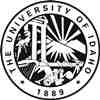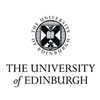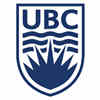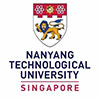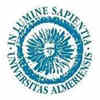美国犹他大学亨茨曼癌症研究所招聘博士后
美国犹他大学亨茨曼癌症研究所招聘博士后
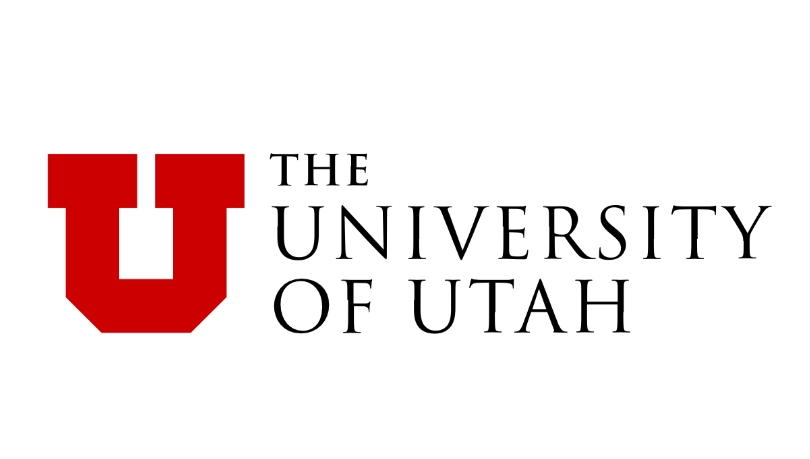
PostDoctoral Fellow
Employer
Huntsman Cancer Institute at the University of Utah
Location
Salt Lake City, Utah
Salary
per NIH PostDoc Salary scale
Closing date
Jul 9, 2025
Job Summary We are seeking a highly motivated post-doctoral fellow to join our research program for a position in the laboratory of Dr. Jens Lohr at Huntsman Cancer Institute. Our basic and translational research program aims to understand the evolution and treatment resistance of hematologic cancers by leveraging advanced next-generation sequencing technologies. We utilize sophisticated approaches, including single-cell multiparameter sequencing and flow cytometry, to analyze circulating and bone marrow tumor cells with high precision. The ultimate goal of highly granular characterization of tumors and their microenvironment is to elucidate the mechanisms of drug resistance in hematologic malignancies and facilitate the discovery of novel immunotherapies. Our research focuses on several key objectives, including: 1) Identifying the regulators of treatment response and resistance in multiple myeloma, 2) Leveraging liquid biopsy as a tool for clinical decision-making and evaluating therapeutic efficacy, 3) Advancing the development of more effective immunotherapies, including CAR T cell therapies. The postdoctoral fellow will interact and collaborate closely with other laboratory-based scientists and computational biologists across Huntsman Cancer Institute and the University of Utah and will be involved in a series of research activities including cellular and molecular cancer biology; low input genomics; epigenetics.
Qualifications
PhD, MD, or MD/PhD Candidates with solid background in molecular biology and immunology and an interest in translational research are encouraged to apply. Candidates with demonstrated ability for completing complex research projects during their MD, PhD, MD/PhD and significant experience in standard laboratory techniques (including flow cytometry, tissue culture, PCR, western blots, etc.) will be considered. Basic computational skills to analyze and interpret next generation sequencing and multi-dimensional flow cytometry data Experience with cell-based potency assays, engineered immune cells, next-generation sequencing (NGS) and genome editing (CRISPR/Cas9) is a plus Excellent written and oral communication skills Strong organizational skills, including the ability to handle a variety of tasks in a fast-paced environment required Strong analytical and problem-solving abilities with a data-driven approach Ability to work both independently and collaboratively in a fast-paced research and manufacturing environment. Please include a CV, a letter of interest and a list of three references in the application. Minimum two-year commitment is required.
This job description has been designed to indicate the general nature and level of work performed by employees within this classification. It is not designed to contain or be interpreted as a comprehensive inventory of all duties, responsibilities and qualifications required of employees assigned to the job.
Essential Functions
Process and analyze liquid biopsy samples, integrating molecular and cellular insights to track disease progression and therapeutic response.
Optimize and troubleshoot methodologies for single-cell multiparameter sequencing, flow cytometry, cfDNA analysis and other relevant assays.
Perform and interpret next-generation sequencing (NGS) data from circulating and bone marrow tumor cells.
Work with bioinformatics tools to analyze single-cell and bulk sequencing datasets, identifying key genomic and transcriptomic alterations.
Coordinate with clinical teams to obtain and handle patient-derived samples in compliance with ethical and regulatory guidelines.
Utilize flow cytometry and single-cell RNA sequencing (scRNA-seq) to dissect immune cell populations and their role in drug resistance.
Work closely with interdisciplinary teams, including clinicians, computational biologists, and immunologists.
Present research findings at lab meetings, conferences, and collaborations.
Assist in mentoring junior researchers and maintaining lab operations.
Integrate multi-modal data (e.g., genomics, transcriptomics, proteomics) to identify biomarkers of treatment resistance.
Prepare and submit research manuscripts for publication in high-impact journals.
Contribute to grant proposals and progress reports to secure research funding.
This job description has been designed to indicate the general nature and level of work performed by employees within this classification. It is not designed to contain or be interpreted as a comprehensive inventory of all duties, responsibilities and qualifications required of employees assigned to the job.
Problem Solving
Must possess a high level of initiative and the ability to work with little supervision while adhering to Standard Operation Procedures.
Must have excellent written, documentation, and oral communication skills.
Must possess strong interpersonal, organizational, and analytical skills, including the ability to handle a variety of tasks in a fast-paced environment.
Proactive in identifying problems and solutions to address them.
Must be an exceptional team player.
Address scientific and technical challenges related to immune and cancer cell characterization
准备申请国外博士后的各位老师注意了!知识人网(www.zsrw.cn)小编每周定时更新最新的国内外博士后招聘信息以及访问学者、博士后资讯,感谢大家的关注!






